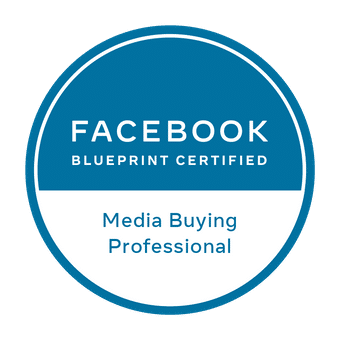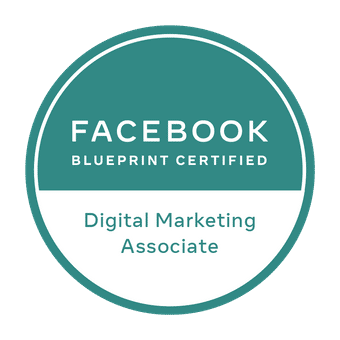Search Engine Optimization and Marketing Tips
In order to rank well in the search results, a website needs to be optimized for the keywords that people use to find it. Search engine marketers use technical SEO tactics, such as on-page and off-page optimization, to tell search engines what the website is about and why it should be ranked high. While there are some mistakes that you can make when optimizing your website, you can learn from these mistakes to improve your results.
Keywords are the fundamental idea for which an article, page, blog post, or individual web pages on a website want to rank
While keywords are important for website optimization, they are not the only factor that can influence the ranking of a webpage. Using a mix of both short and long-tail keywords can help narrow search results. Keywords can also be grouped into several categories, including long-tail, short-tail, and three additional types.
Backlinks are a key component in SEO
When considering how to increase organic traffic, backlinks are an important component of search engine optimization and marketing strategies. High-quality links from high-authority pages are crucial. Google looks at domain authority and page authority when evaluating the authority of a website or web page. High-authority links have more value than low-authority ones. Moreover, high-authority links are more likely to be clicked, influencing the authority of the website.
Page loading speed
As the primary destination for most digital marketing efforts, websites have to load quickly to attract visitors and retain them. One second delay can cause 7% fewer conversions than the desired rate. In fact, Amazon has reported that a single second delay could cost them $1.6 billion in sales per year. Considering the current state of digital marketing, a page loading time of three seconds or less is a reasonable goal. A recent study by Backlinko examined 5.2 million web pages and found that the average TTFB for desktop and mobile websites was 1.286 seconds. On average, it took 27 seconds for a mobile website to load in the same time. More information.
Relevant images
Using relevant images in your marketing strategy is an important component of improving your ranking on search engines. A recent study on web pages with images found that they got better rankings than those without. This is because images make the content more readable, and they increase readability. An image in your marketing content is 94% more likely to be viewed than one without. Use title tags for images. They also help boost SEO and user experience.
Video
Besides the obvious benefits of SEO, you can also maximize the impact of video marketing campaigns with the use of social media and PPC ads. Videos that contain high engagement score and other metrics will make your company’s page more visible and appealing to potential candidates. To make the most of your marketing efforts, you need to carefully plan the creation and optimization of your videos. Below are tips to make the most of your marketing videos. o Create a video concept that aligns with your business goals.
Proper title tag markup
The title tag is a short, descriptive description of the content of a web page. As a result, it is vital for search engine optimization and user experience. Google displays the first 50-60 characters in the title, and it will display any characters that fit within a 600-pixel display. Generally, under 55 characters will display, but different characters can have different widths. As such, if your title contains more than that, it will be cut off and displayed as an ellipsis. Browse around this site.




